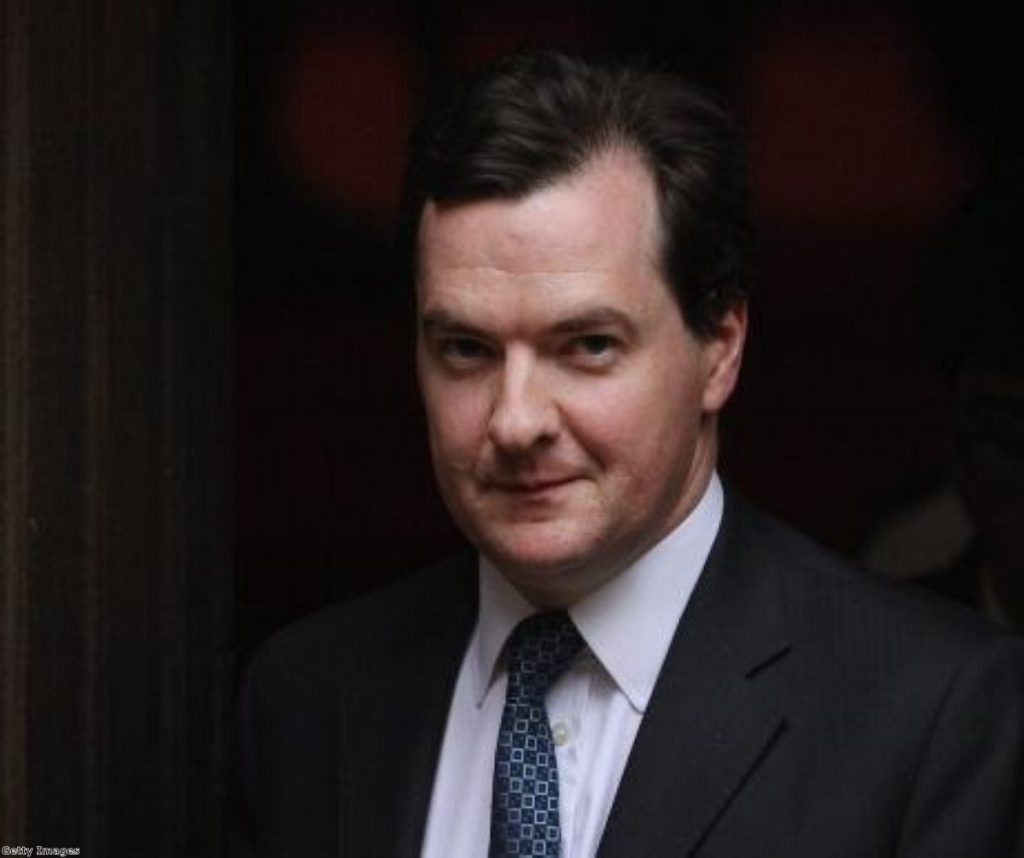Osborne denies BSkyB takeover ‘conspiracy’
The Conservative party did not plot with the Murdochs to secure News Corp's takeover bid for BSkyB, George Osborne has insisted at the Leveson inquiry.
The chancellor faced serious questions about his role in the handling of the bid after it became clear he had played an important role in shifting responsibility for the decision from anti-Murdoch Liberal Democrat Vince Cable to the pro-takeover Jeremy Hunt.
Mr Osborne said it was "complete nonsense" to suggest that Mr Cable had been "knowingly recorded" by the Telegraph newspaper.
But he acknowledged that he had been present at a No 10 meeting which decided to give Mr Hunt the quasi-judicial decision over whether the bid would proceed.


It had previously emerged he had texted the culture, media and sport secretary: "I hope you like our solution."
Mr Osborne told the inquiry the text was probably sent immediately after an hour-long meeting at Downing Street with David Cameron and his circle of close advisers.
"I thought he would like the fact he was taking on additional responsibilities," the chancellor said.
He revealed that No 10 permanent secretary Jeremy Heywood had originally suggested that the decision be transferred from Mr Cable to Mr Hunt as a solution to the "crisis" which the Cable sting was revealed.
"The pressure was enormous to do something about the political crisis that had been unleashed on the government," he said.
"We had to deal with the problem."
Mr Osborne also faced questions about his involvement in the decision to hire former News of the World editor Andy Coulson as David Cameron's director of communications.
He explained he preferred a meritocratic approach to the selection process despite being aware that hiring a Murdoch employee would prove "controversial".
Mr Osborne also insisted he remained friends with Mr Coulson, but said he had "sadly" not been able to speak to him for one year.
The two-hour evidence session concluded with an opportunity for the chancellor to make clear he prefers backing freedom of the press over instincts to increase regulation of the media.
"If you try and construct some public interest test… you are in quite difficult territory," Mr Osborne said.
He acknowledged the Press Complaints Commission needs a "complete overhaul", however, telling Lord Justice Leveson that the eventual reforms he would propose have to be "future-proof" and appropriate for the internet age.
The session concluded with Lord Justice Leveson concluding: "I understand the point. That's not to say I know the answer."

